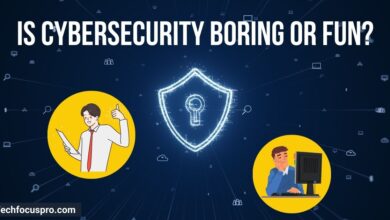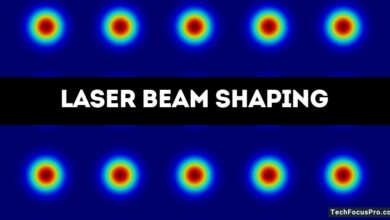Core Programming Skills Every Coder Should Master: From Beginner to Pro

Beginning to learn to code may seem intimidating. The number of languages, tools, and technologies is too great to start upon them.
No matter what you want to do, if you wish to create websites, create applications, or enter the world of data science, to become a good programmer, you will need to learn the foundations of programming.
If you’re serious about leveling up, enrolling in a coding boot camp—especially a flexible coding boot camp online—can accelerate your learning path.
In this article, you’ll discover the essential skills you need to master as you transition from beginner to professional coder.
1. Programming Fundamentals
Every expert coder starts with the basics. You’ll need to understand core programming concepts like:
- Variables and Data Types (strings, integers, booleans)
- Control Structures (if-else conditions, loops)
- Functions (modular code that can be reused)
- Input/Output Handling
- Error Handling (try-catch blocks and debugging)
Languages like Python and JavaScript are great for beginners due to their readability and wide range of applications. A good coding boot camp online typically starts with these fundamentals to ensure you build strong logical reasoning skills early on.
2. Object-Oriented Programming (OOP)
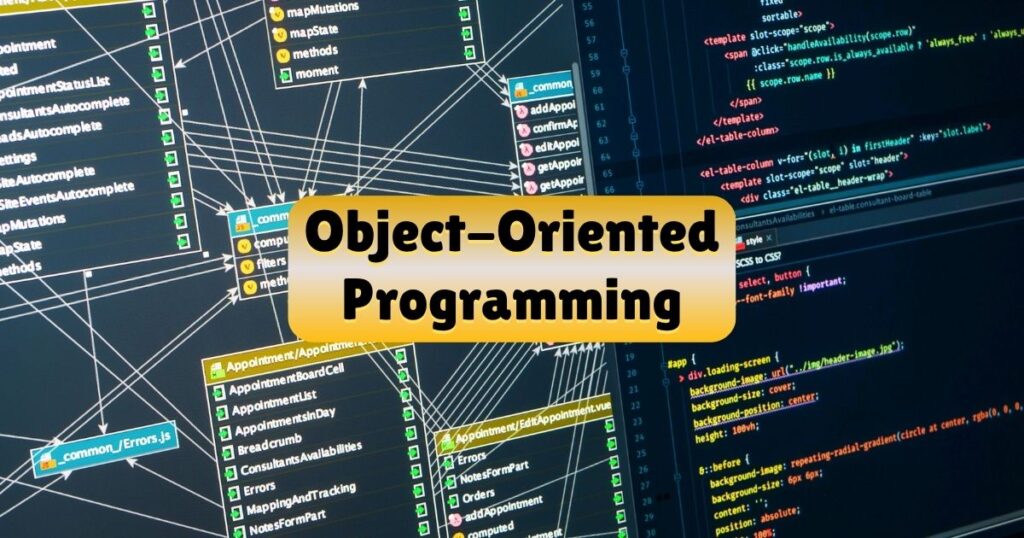
Once you’re comfortable with the basics, you’ll move into more advanced concepts like Object-Oriented Programming. Object-Oriented Programming (OOP) is central to many modern programming languages, such as Java, C++, and Python.
In OOP, you learn to:
- Create and use classes and objects
- Work with inheritance, encapsulation, and polymorphism.
- Structure your code for scalability and maintenance.
These concepts help you build complex applications and collaborate more effectively with other developers in large codebases.
3. Data Structures and Algorithms
To become a true coding professional, you must master data structures and algorithms. These are the building blocks of efficient software development.
You’ll learn to work with:
- Arrays, Lists, Stacks, Queues
- Trees, HashMaps, Graphs
- Searching and sorting algorithms
- Recursion and dynamic programming
Mastering these topics improves your problem-solving skills—especially if you’re preparing for technical interviews or aiming for a career in software engineering.
Many coding bootcamps dedicate special modules to data structures and algorithms to help students compete for top tech jobs.
4. Version Control (Git & GitHub)
Every professional coder uses version control systems. Git allows you to manage code changes, work in teams, and avoid costly mistakes.
Key Git skills you’ll need:
- Cloning repositories
- Creating branches
- Making commits and pull requests
- Resolving merge conflicts
These skills aren’t optional—they’re standard in almost every development workflow. Fortunately, even the most basic coding boot camp online will introduce you to Git and help you get comfortable with collaborative coding.
5. Web Development Basics
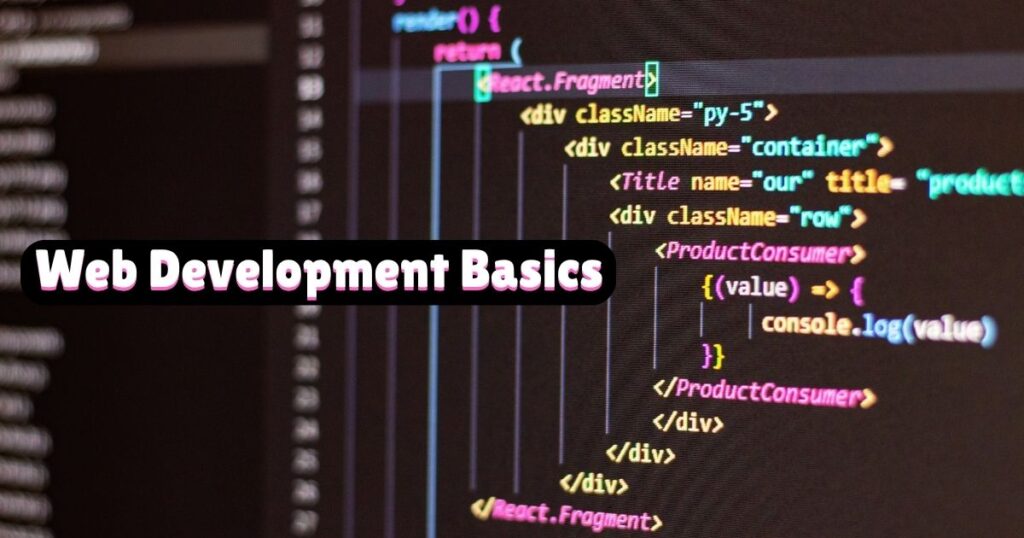
Whether you want to be a frontend, backend, or full-stack developer, understanding how websites work is vital.
Start with:
- HTML: Structure of web pages
- CSS: Styling and layouts
- JavaScript: Interactivity and dynamic content
Later, you’ll dive into frameworks like React (frontend) or Node.js (backend), depending on your goals. A structured coding boot camp can guide you through these technologies step-by-step.
Read More:- What is Bespoke Web Development?
6. Databases and SQL
Most applications rely on databases to store and manage data. As a coder, you need to know how to work with:
- SQL (Structured Query Language): Querying and managing data
- Relational Databases like MySQL or PostgreSQL
- NoSQL Databases like MongoDB for flexible, document-based data storage
You’ll learn how to design schemas, write queries, and connect databases to your applications.
7. Problem Solving and Debugging
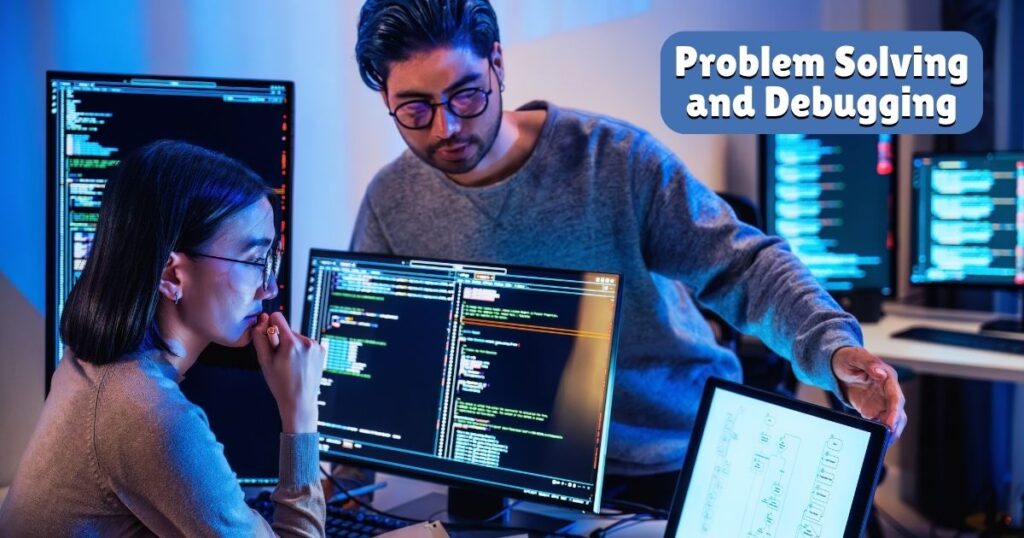
Writing code is only part of the job. Finding and fixing bugs, understanding stack traces, and using tools like Chrome DevTools or IDE debuggers are critical skills.
A good coding boot camp online will include regular projects and code challenges that sharpen your analytical thinking and teach you how to troubleshoot errors effectively.
8. Soft Skills and Collaboration
To be a successful developer, you also need:
- Communication skills to explain your code and ideas
- Teamwork to collaborate with others
- Time management for meeting deadlines
- Adaptability to learn new technologies
Real-world projects in boot camps often simulate team-based development, so you gain practical experience in collaborative environments.
Conclusion
To be a master coder is not about knowing the syntax by heart but knowing how to think, how to solve problems of the real world, and how to develop projects of a particular concern. It is an extensive journey between an amateur and a pro, and it is time-consuming, training and organized training.
The best option would be to join a coding boot camp, particularly an online coding boot camp, to receive the guidance, mentorship, and practical skills required to shortcut the process. These basic programming skills will help you not only become more confident but even spur you to pursue a fascinating career in technology.
FAQs
What are core programming skills?
Core programming skills are the foundational abilities every programmer should possess, including understanding data structures, algorithms, the syntax of a programming language, debugging, and problem-solving.
Why are core programming skills necessary for coders?
These skills help developers write efficient, scalable, and maintainable code. Mastering them ensures you’re well-prepared to tackle real-world software problems and perform well in technical interviews.
What are the top core programming skills every coder should master?
- Proficiency in at least one programming language (e.g., Python, Java, C++)
- Understanding of data structures (arrays, linked lists, trees, etc.)
- Algorithm design and analysis (sorting, searching, etc.)
- Debugging and testing
- Version control (Git)
- Basic software design principles
- Problem-solving and logical thinking
Do I need to learn data structures and algorithms as a beginner?
Yes, they are essential. Data structures and algorithms help you write optimized code and are key components in coding interviews.
Which programming language should I learn first?
It depends on your goals. Python is widely recommended for beginners due to its readability and versatility. Java and C++ are great for learning system-level concepts.
How vital is version control like Git for new programmers?
Extremely important. Git helps you manage code changes, collaborate with others, and track project history—crucial in both learning and real-world development.
Are problem-solving platforms like LeetCode and HackerRank useful?
Yes, they are great for practicing core skills, preparing for interviews, and improving your logical thinking and algorithmic knowledge.
Do I need to know multiple languages to be a good coder?
Not initially. It’s better to master one language deeply. Over time, learning additional languages can help broaden your understanding of the world.
How can I improve my debugging skills?
Practice is key. Start with reading error messages carefully, use print statements or debuggers, and try to understand the root cause of bugs instead of applying random fixes.
How long does it take to master core programming skills?
It varies by individual, but with consistent practice, most people can build a strong foundation in 6–12 months.



